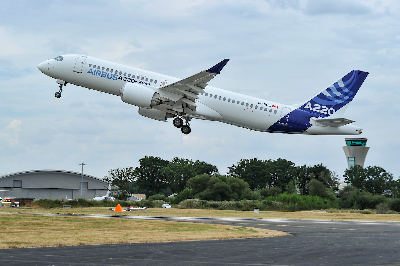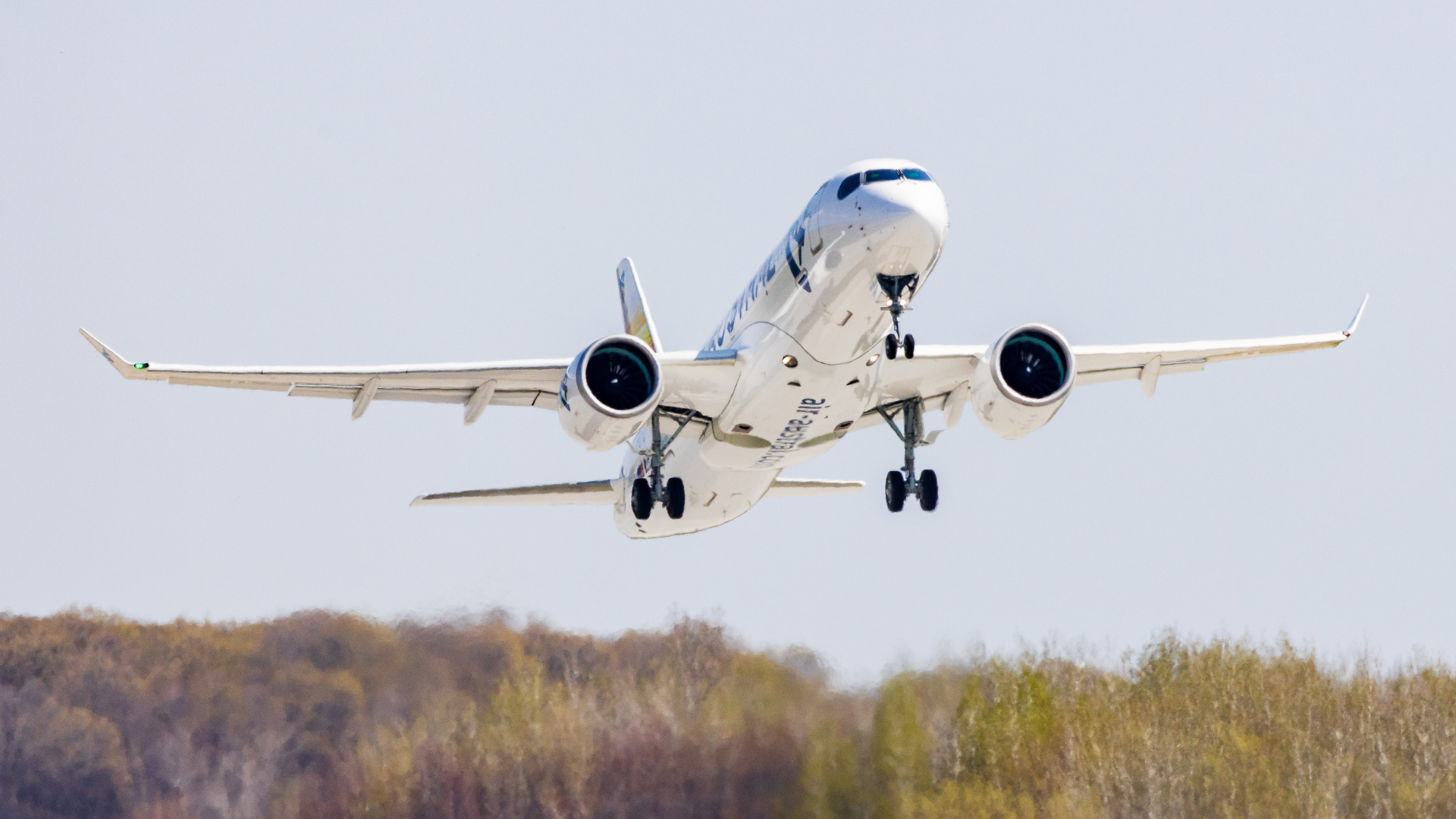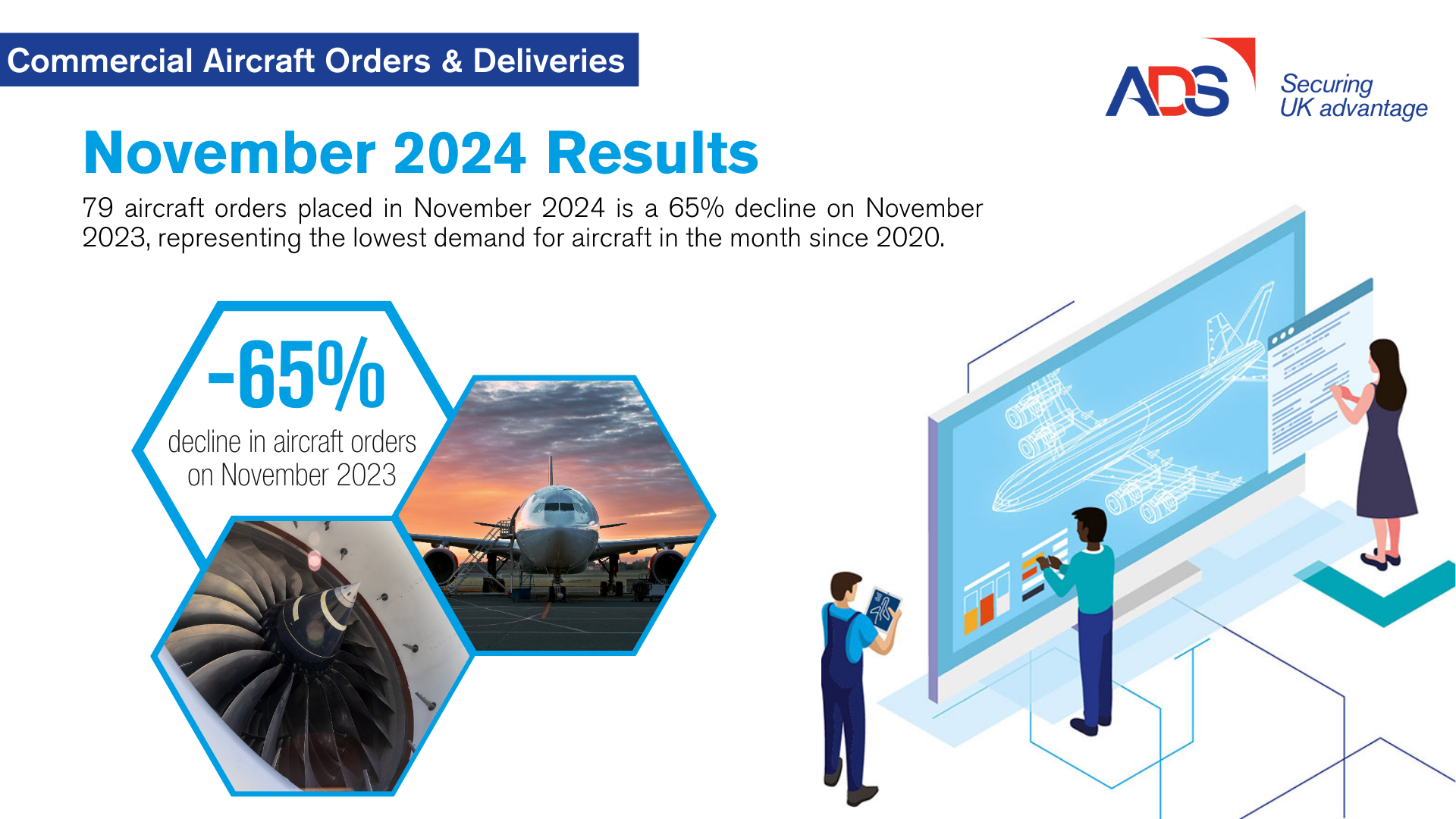
Written by Oli Newton, Aerospace Policy Adviser at ADS
Tomorrow is International Civil Aviation Day! Established in 1994, the purpose of the day is to help generate and reinforce worldwide awareness of the importance of international civil aviation to social and economic development.
From 2015 – 2018 the theme of the day has been ‘working together to ensure no country is left behind’. This year, the International Civil Aviation Organisation (ICAO) Council will establish a special anniversary theme for the day, which also marks the 75th anniversary of ICAO.
Aviation connects people and businesses globally. Forecasts predict that as economies in all parts of the world continue to develop, demand for aviation will also grow, and we are committed to the technological advances needed to make sure that can happen without an adverse impact on the environment.
As part of this the International Air Transport Association (IATA) forecasts that passenger demand will double during the next 20 years.This increase in demand over the coming years will be highlighted by the environmental impacts it creates but the aerospace industry is making positive steps to mitigate them and create more sustainable aircraft.
In May, the UK Parliament declared a climate emergency. The following month, the UK Government made a commitment to bring all greenhouse gas emissions to net zero by 2050. It became the first major economy to make such a commitment.
The industry also made a significant intervention. At the Paris Air Show in June the Chief Technology Officers of seven of the world’s leading aerospace manufacturers released a joint statement which highlighted their collaboration and commitments in relation to emissions and climate change.
In the UK, demand for flights has risen by 28% since 2005, while aviation emissions have fallen by 3.5% in the same period. In August the Future Flight Challenge was launched. This will support the development of advanced new aerospace technologies which will help to continue this trend. These initiatives are all helping to contribute to the long-term goal of sustainable air travel but it is something we will have to continue to work on, it won’t happen overnight.
Looking forward to 2020, we hope to see further developments and focus on the environment and sustainability in the aviation sector, including at Farnborough International Airshow in July.
Industry also has a great opportunity. Thanks to Airbus’ Global Market Forecast, we can also look a bit further ahead and see how different markets are expected to grow. Traffic between emerging markets is set to represent a higher share of world traffic, from 30% in 2018 to 41% by 2038. This ties in nicely with the ICAO’s theme of the last four years, ensuring no country is left behind.
As part of this, 47,680 planes are expected to be needed by 2038, and with each new plane that enters a fleet, it is more efficient and sustainable than the last. The aerospace industry wants to connect the world, and now we are focusing our efforts on how we do it in a more sustainable way.
Here’s to another successful year for the International Civil Aviation community.





